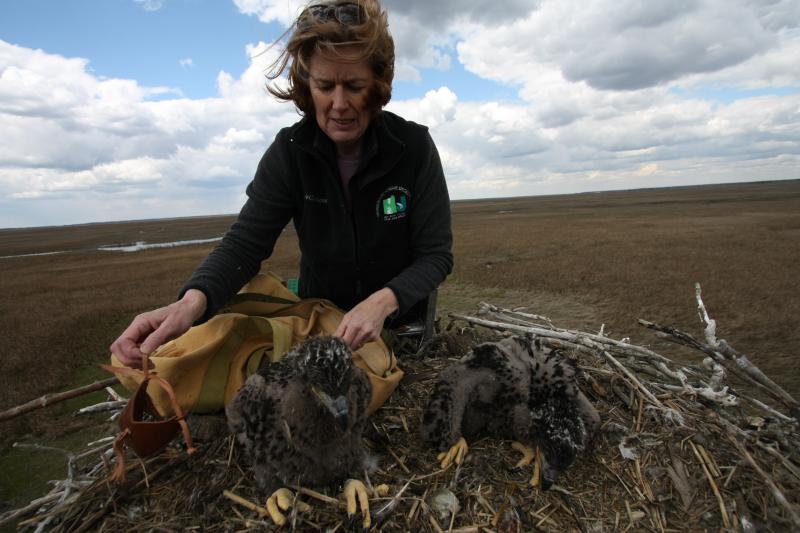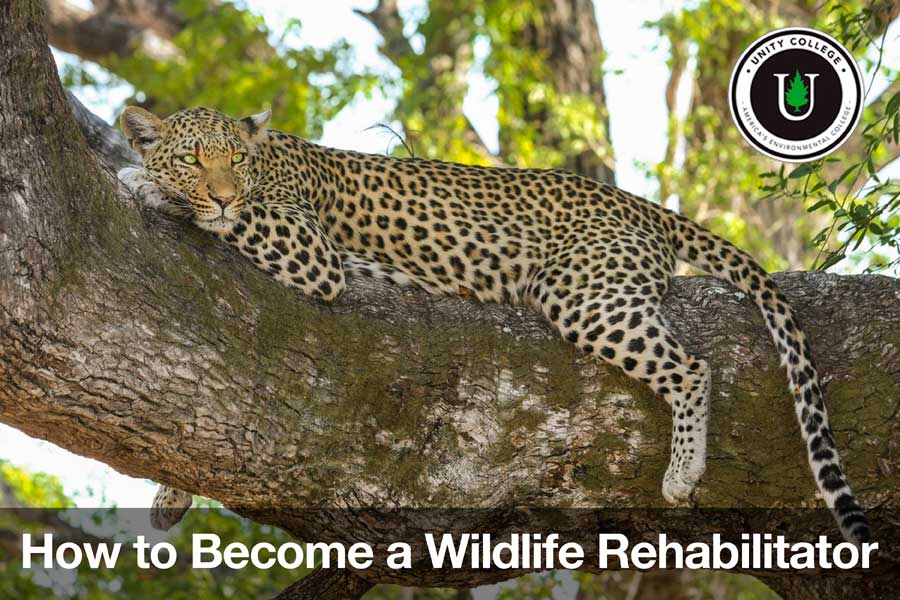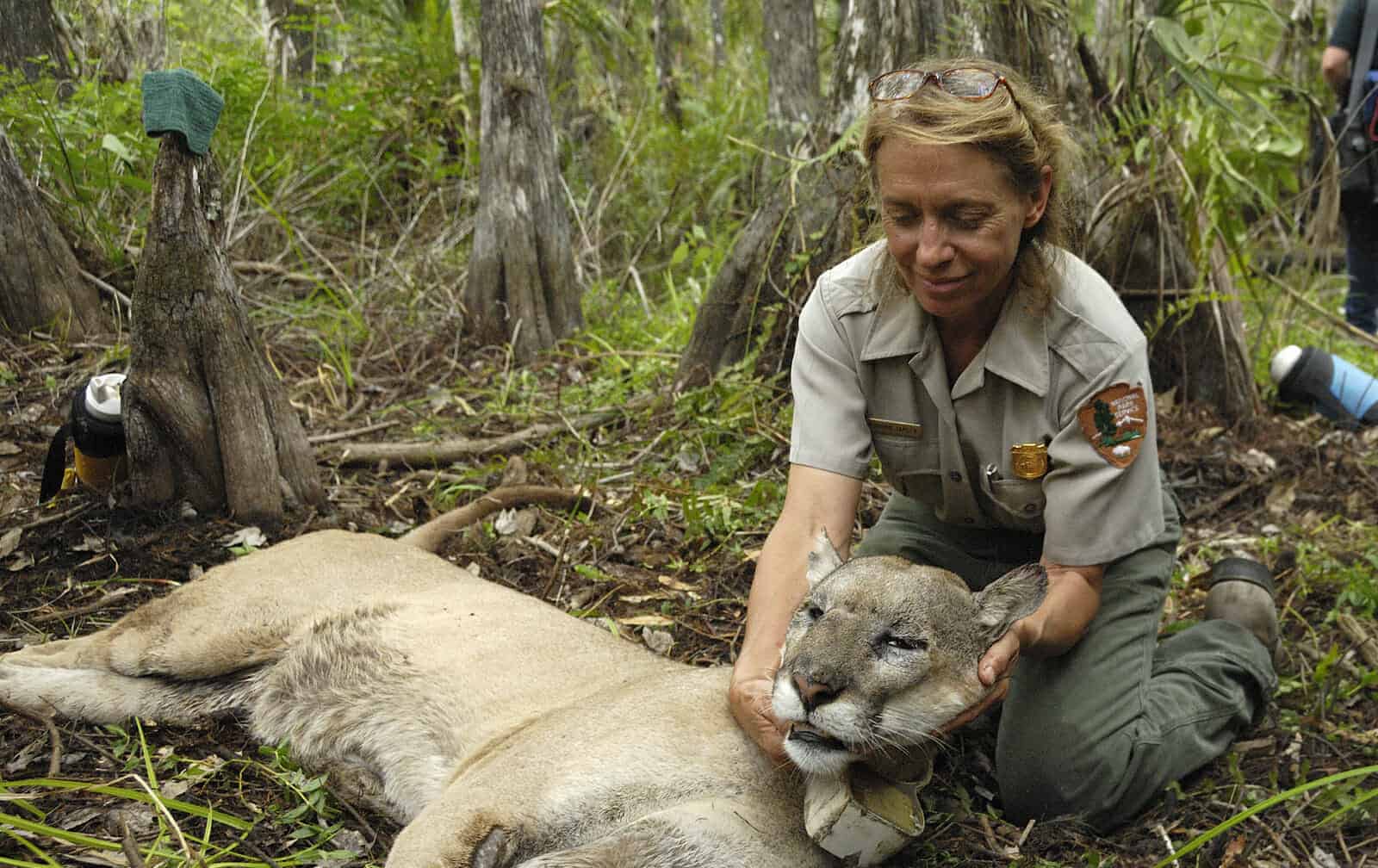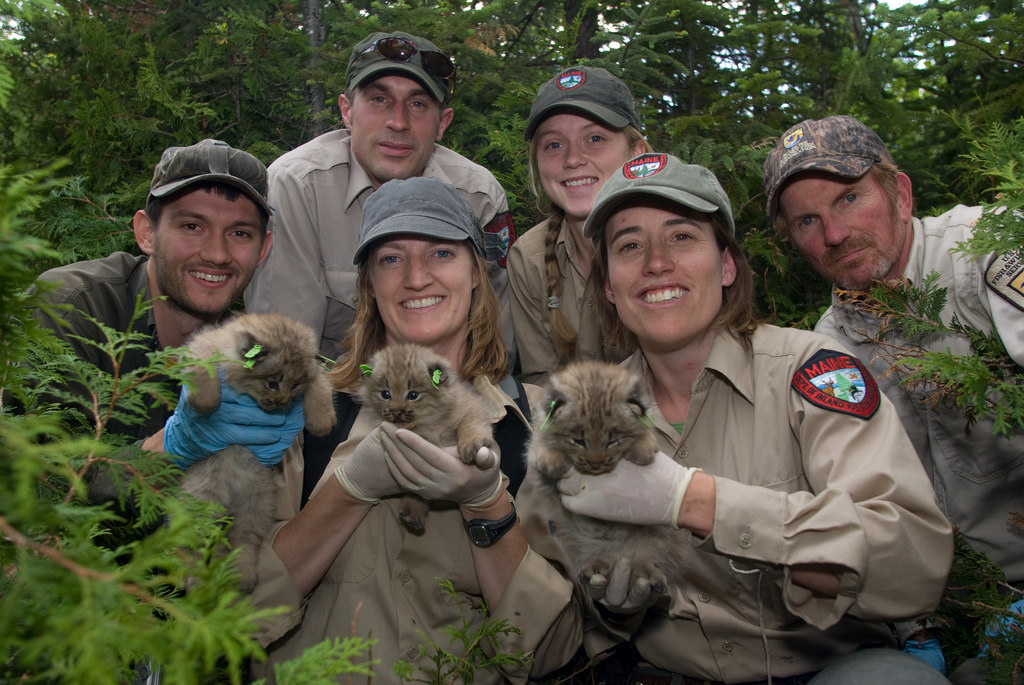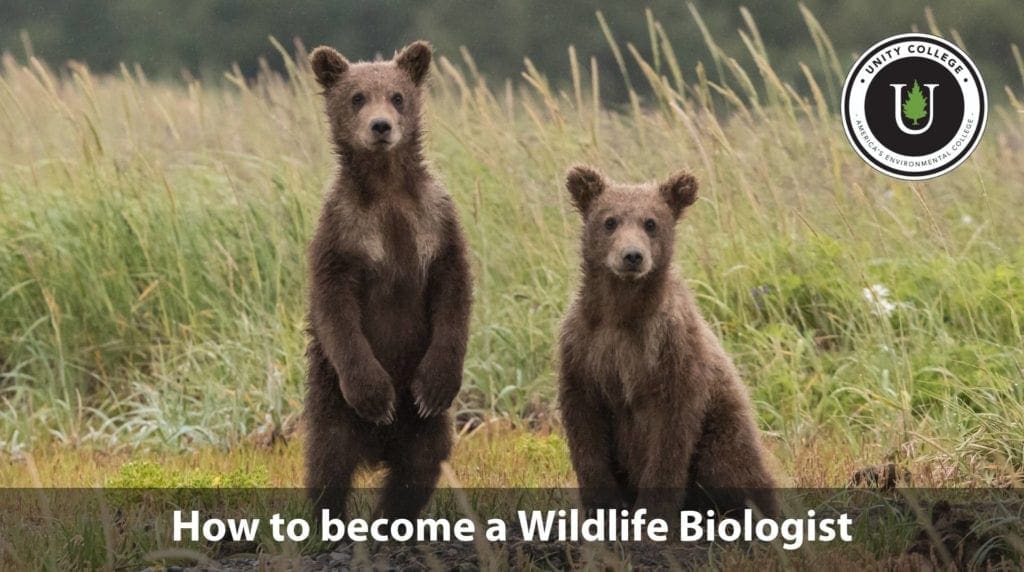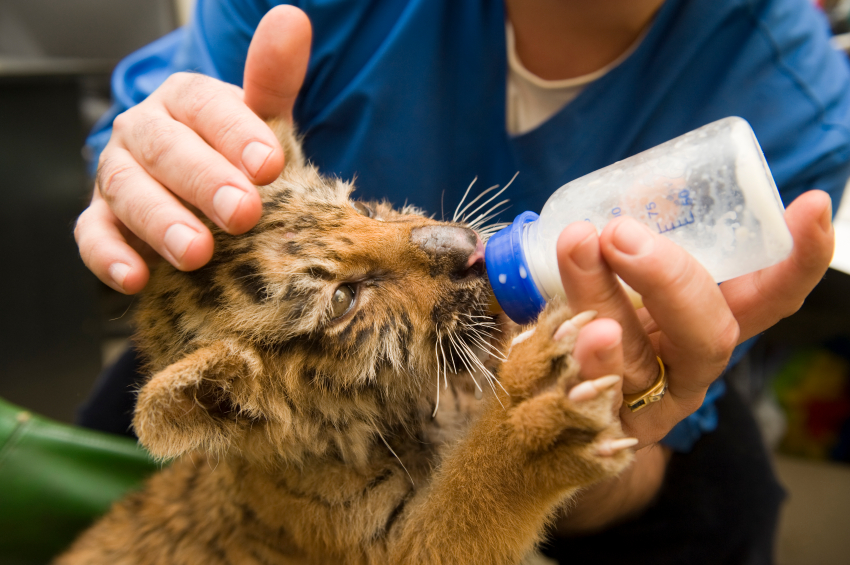Ideal Info About How To Become A Wildlife Researcher
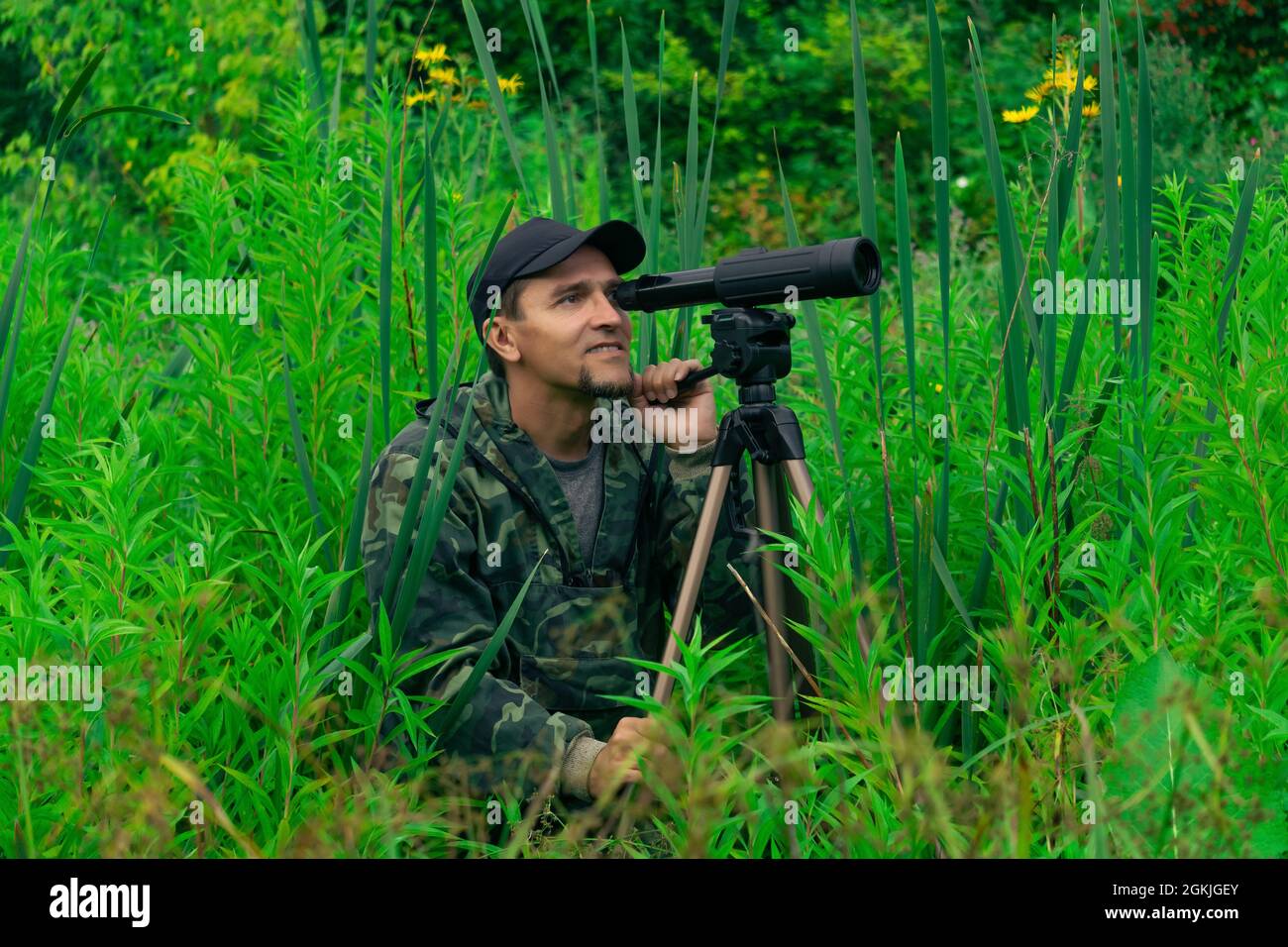
Katrin knickmeier, anja reckendorf & dennis brennecke.
How to become a wildlife researcher. Working with animals can be an exciting and. Because the field requires intimate knowledge of many biological processes, as well as anatomy and ecological systems, this career requires at least a bachelor's degree. Compared to other fields, wildlife biologists have high educational requirements.
Here are the general steps to pursue a career as a wildlife biologist: The biggest threat to biodiversity to date has been the way humans have reshaped. Here is a detailed guide on how to become a researcher:
Updated august 25, 2023. If you are passionate about wild animals, wild places and helping people live together with them, then follow your heart.
Trap, tag, or relocate animals for conservation purposes. How to become a marine mammal scientist. Develop land and water use plans.
Originally from the southeastern u.s., the red swamp crayfish has become an unwelcomed world traveler. Start by earning a bachelor's degree in wildlife biology, wildlife science and. To begin a wildlife research career, you usually need formal education.
Requires a bachelor’s degree in biological science that includes at least 9 semester hours in wildlife subjects (mammalogy, ornithology, animal ecology, wildlife management, or. You should obtain an undergraduate degree in wildlife biology,. 14 wildlife biologist skills (with tips to develop them) indeed editorial team.
Wildlife biologists study wild animals and make. Bachelor's degree programs in animal science, biology or wildlife biology provide the appropriate training. Work to save endangered species.
Becoming a researcher typically requires a combination of education, training, and experience. Wolf biologists are the individuals who discover and uncover the truth about wolves, and in turn, use what they know to better understand, conserve, and. They have drained wetlands in europe and ruined rice.
Have had over 550 peer. Obtain a relevant bachelor's degree from an accredited institution. Not captive wild animals) and in their native range (species outside their native.
Since many schools do not offer a distinct undergraduate degree in wildlife ecology, many wildlife ecologists. Host an average of 25 research projects a year. Have cataloged over 6,900 species, including over 840 birds and 11 primates.



![How to a Wildlife Photographer [English] How to make](https://i.ytimg.com/vi/S_WF0iu-ij0/maxresdefault.jpg)
